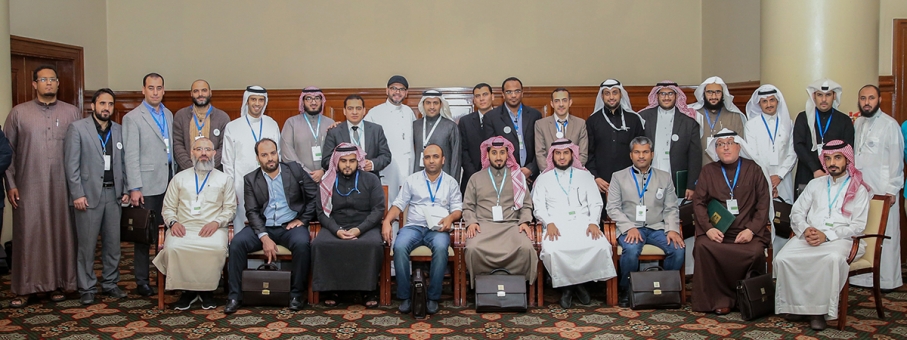ePrints: An Essential Infrastructure for Digital Content
Summary
The IT Department of King Khalid University is pleased to announce the development of ePrints KKU. This new system is a digital research repository that is available to all faculty members in all departments. ePrints KKU will increase our faculty’s exposure in their respective fields and maximize the university’s impact on academia worldwide.
What is ePrints?
ePrints KKU is a research repository based on cutting edge technology. The ePrints system allows university faculty to upload and share their publications for online research and re-use. The original version of ePrints was designed and developed by the School of Electronics and Computer Science at the University of Southampton (SOTON). The latest version of the program (ePrints 3) is a joint development project by SOTON in cooperation with King Khalid University (KKU).
Why ePrints?
A research repository is part of every advanced university’s critical digital infrastructure. The research repository provides for storage of and easy access to the digital content of the institution. This lowers document distribution barriers, allowing for increased use of the information by faculty and outside researchers. Leading universities worldwide have built robust repositories to improve ranking, quality, and increase the ability to leverage human capital. See Gibbons (2004). ePrints KKU will showcase our capabilities and increase the university’s participation in the expansion and development of relevant academic fields. Also, ePrints KKU is a critical component of achieving the higher educational goals outlined in the Kingdom’s Vision 2030 national transformation program.
In reference to ePrints Dr. Salem Aleyani, CIO, states, "These efforts are for the sake of the homeland in general and for King Khalid University in particular towards achieving Vision 2030." Additionally, Abdulrahman Ibrahim, Software Engineer, asserts that the citation count of articles published by KKU staff will rise, and therefore, the cumulative impact of KKU will increase. The Deanship of Scientific Research further relates that only with complete ePrints cooperation of faculty members, will we be able to meet the National Commission for Academic Accreditation and Assessment (NCAAA) valuation of General Standard 10 (Research) and its subsequent Key Performance Indicators.
How Does ePrints Work?
ePrints interfaces in conjunction with Google Scholar. Essentially, Google Scholar indexes websites with scholarly articles by utilizing software known as crawlers and includes them in search results. Moreover, an automated software program, "parsers," indexes the bibliographic and reference data of the publications. ePrints is structured in such a way that allows for optimal crawling and indexing by Google Scholar thereby contributing towards extending the range of knowledge sharing (Yeates, 2003).
Get Involved
We encourage you to visit eprints.kku.edu.sa to upload your previous publications and utilize ePrints for all future endeavors. Please direct any correspondence concerning this specific repository to eprints@kku.edu.sa.
Date: 2/1/2017
Contributors: Hassan Costello and Dr. Charles Forman
References
Gibbons, S. (2004). Establishing an Institutional Repository. Library Technology Reports, 40(4), July-August 2004.
Yeates, R. (2003). Over the Horizon: Institutional Repositories. VINE: The Journal of Information and Knowledge Management Systems, 33(2), 96-99.



